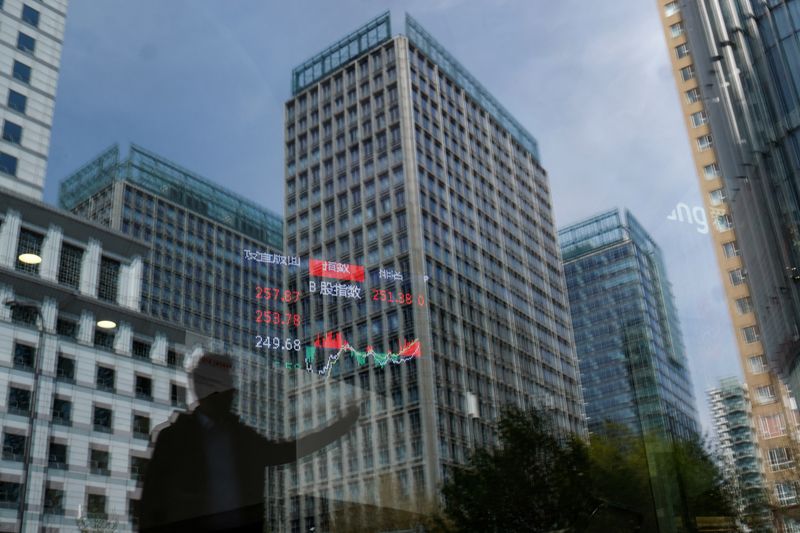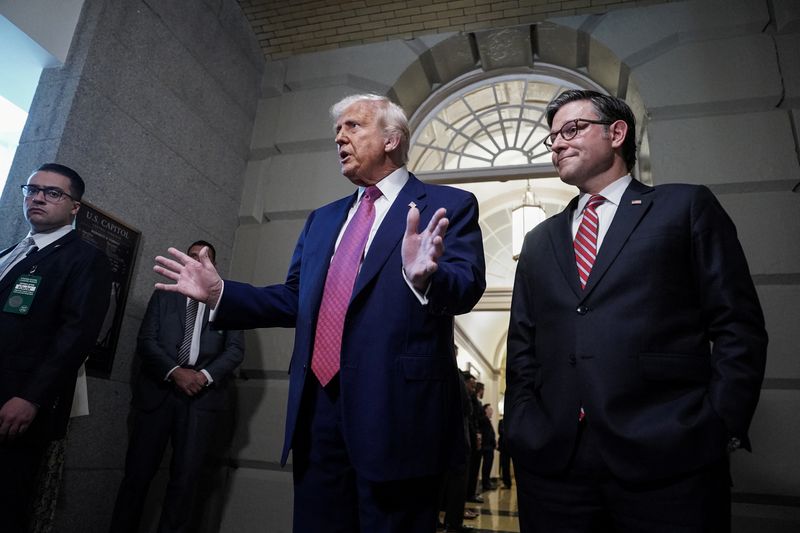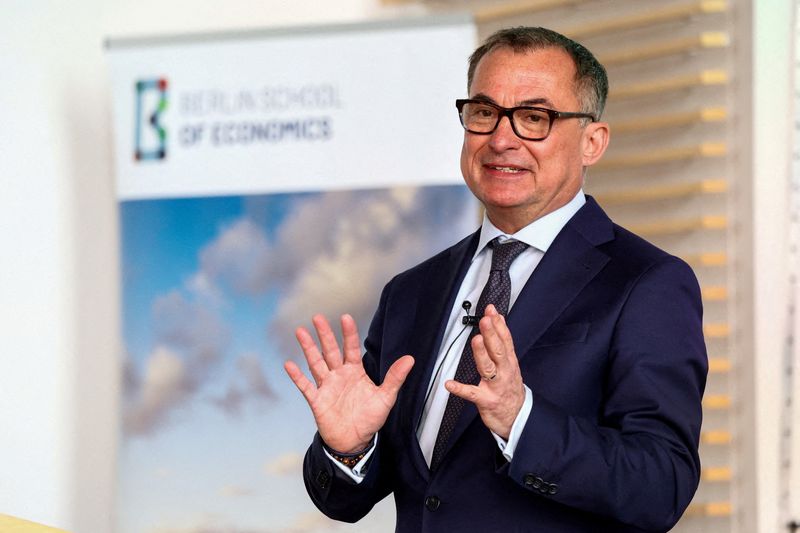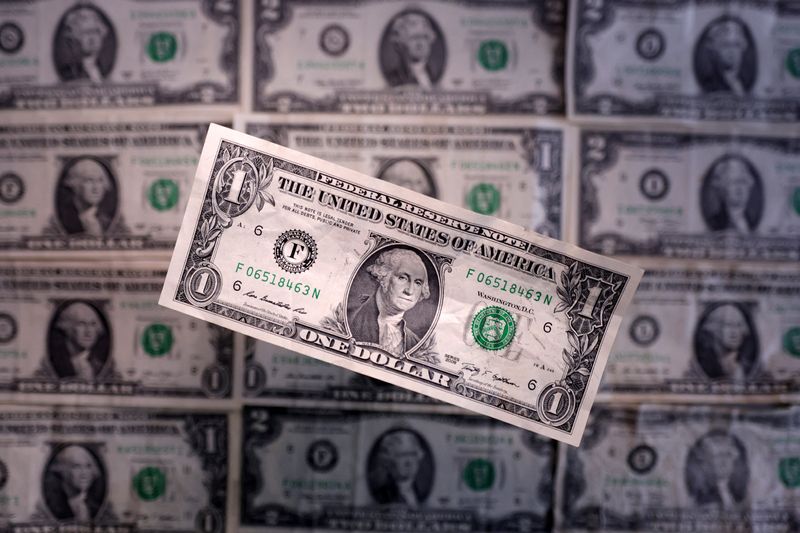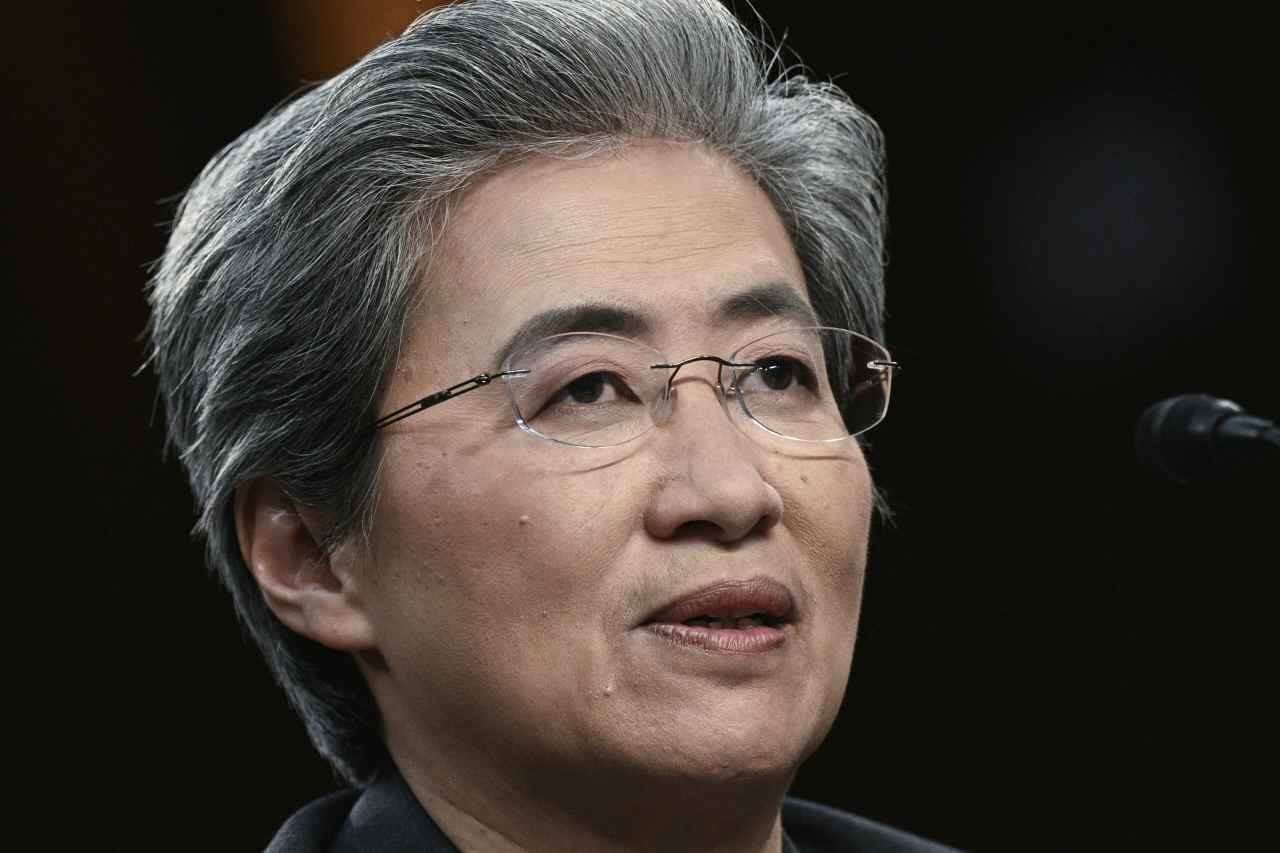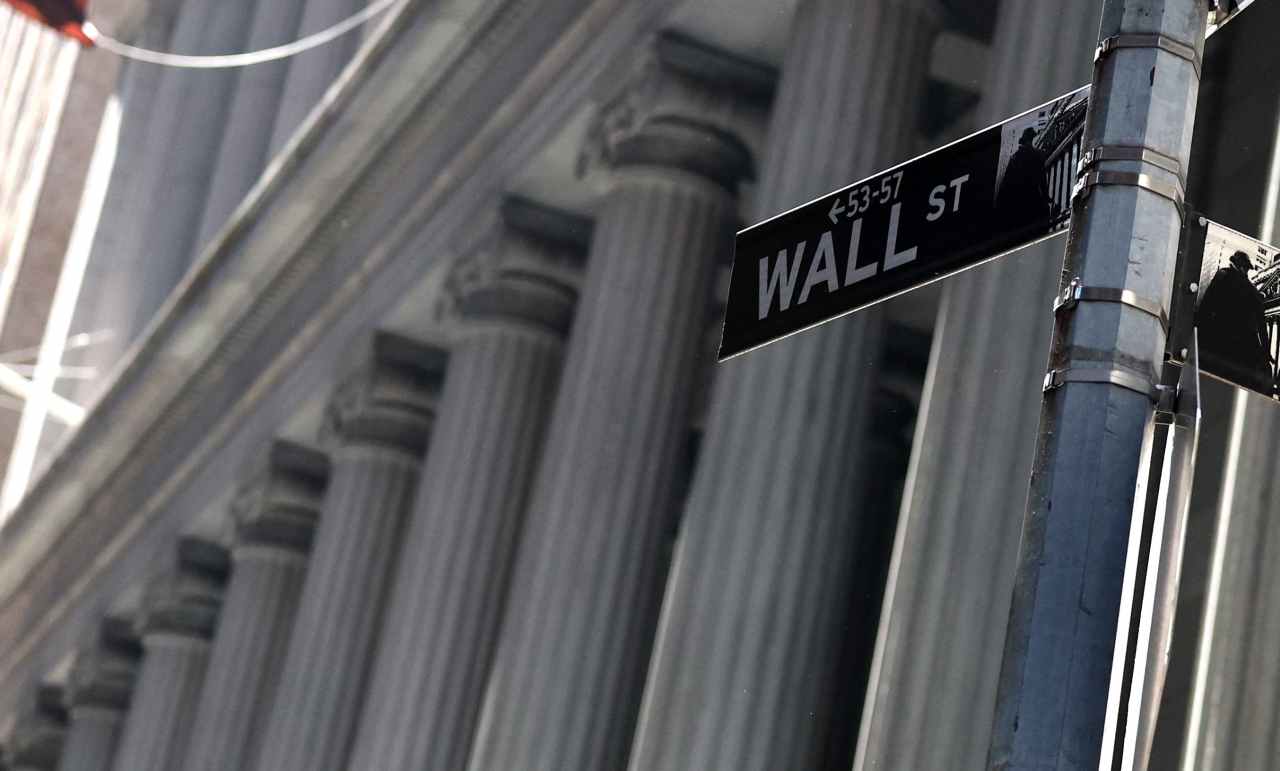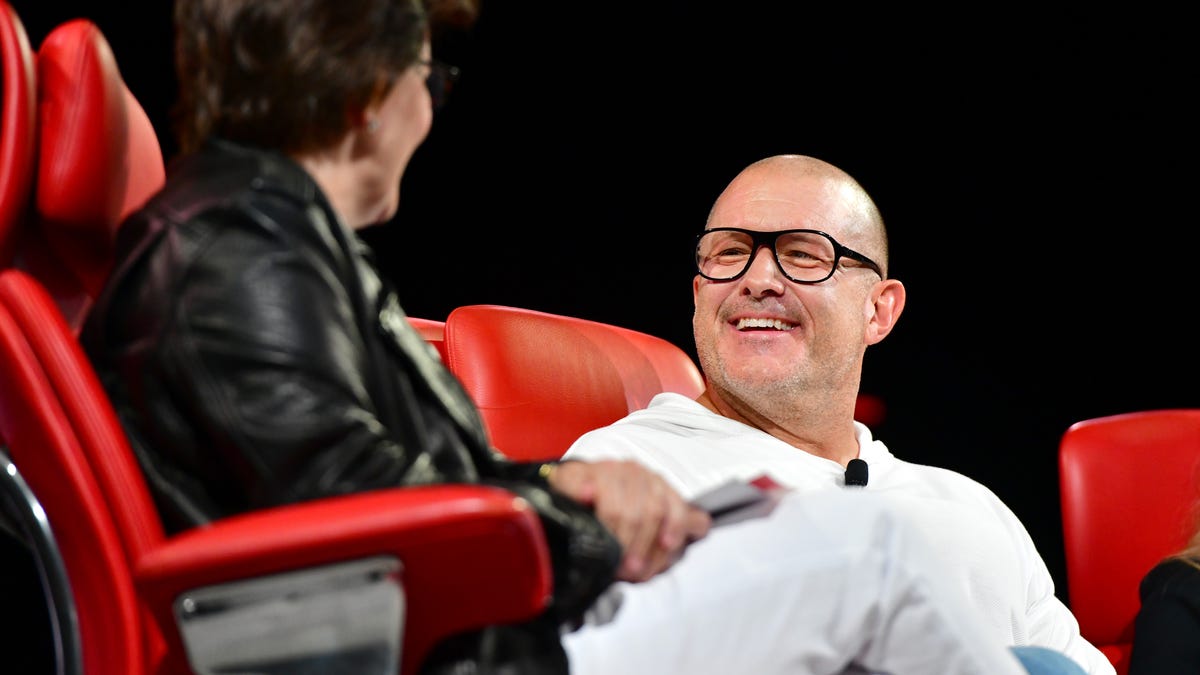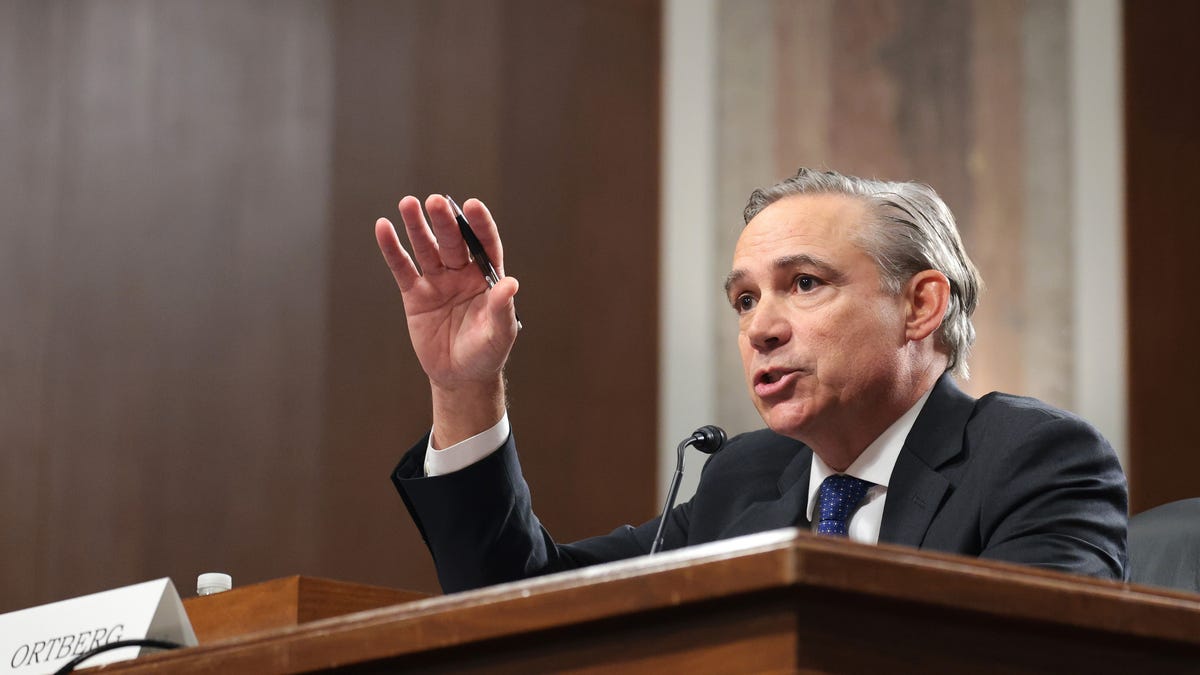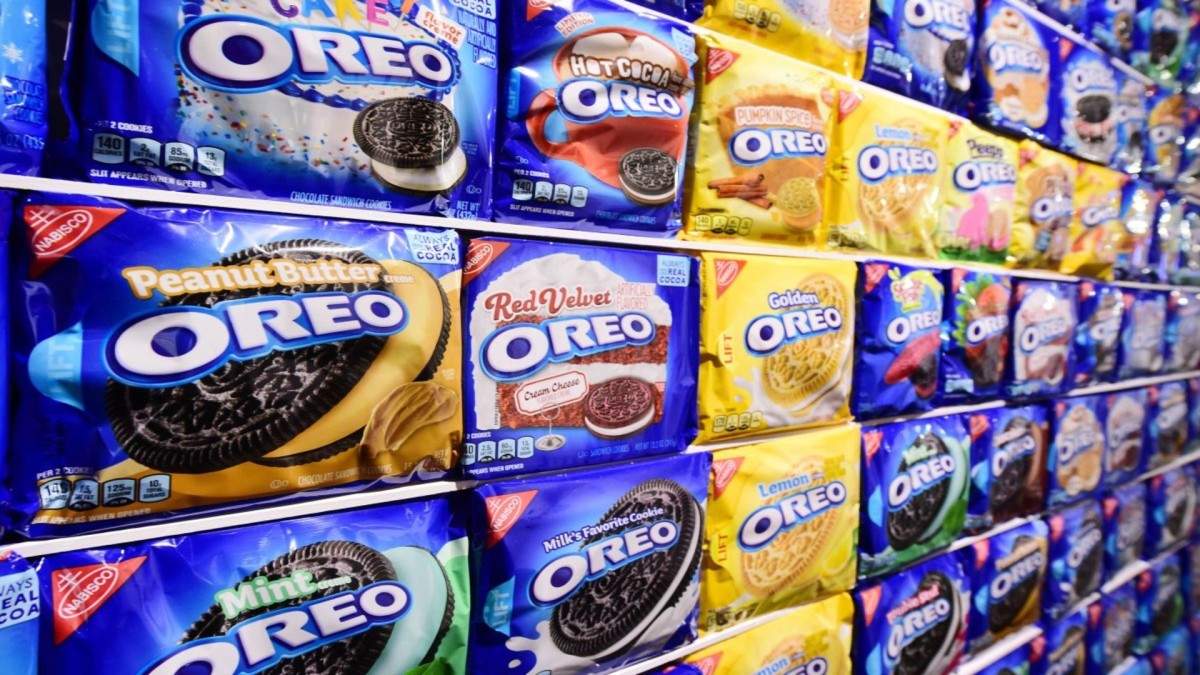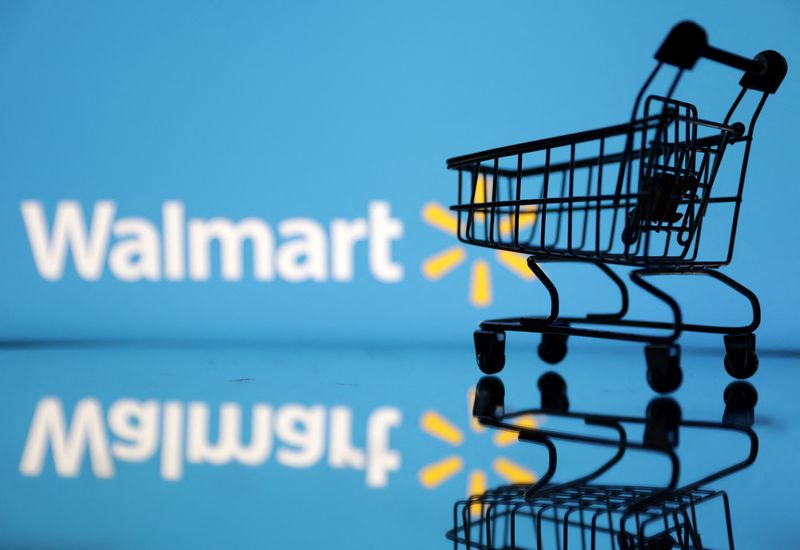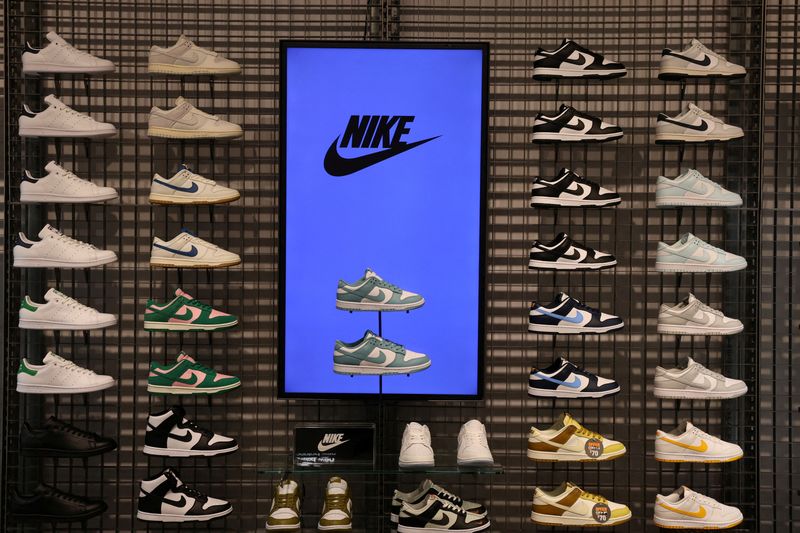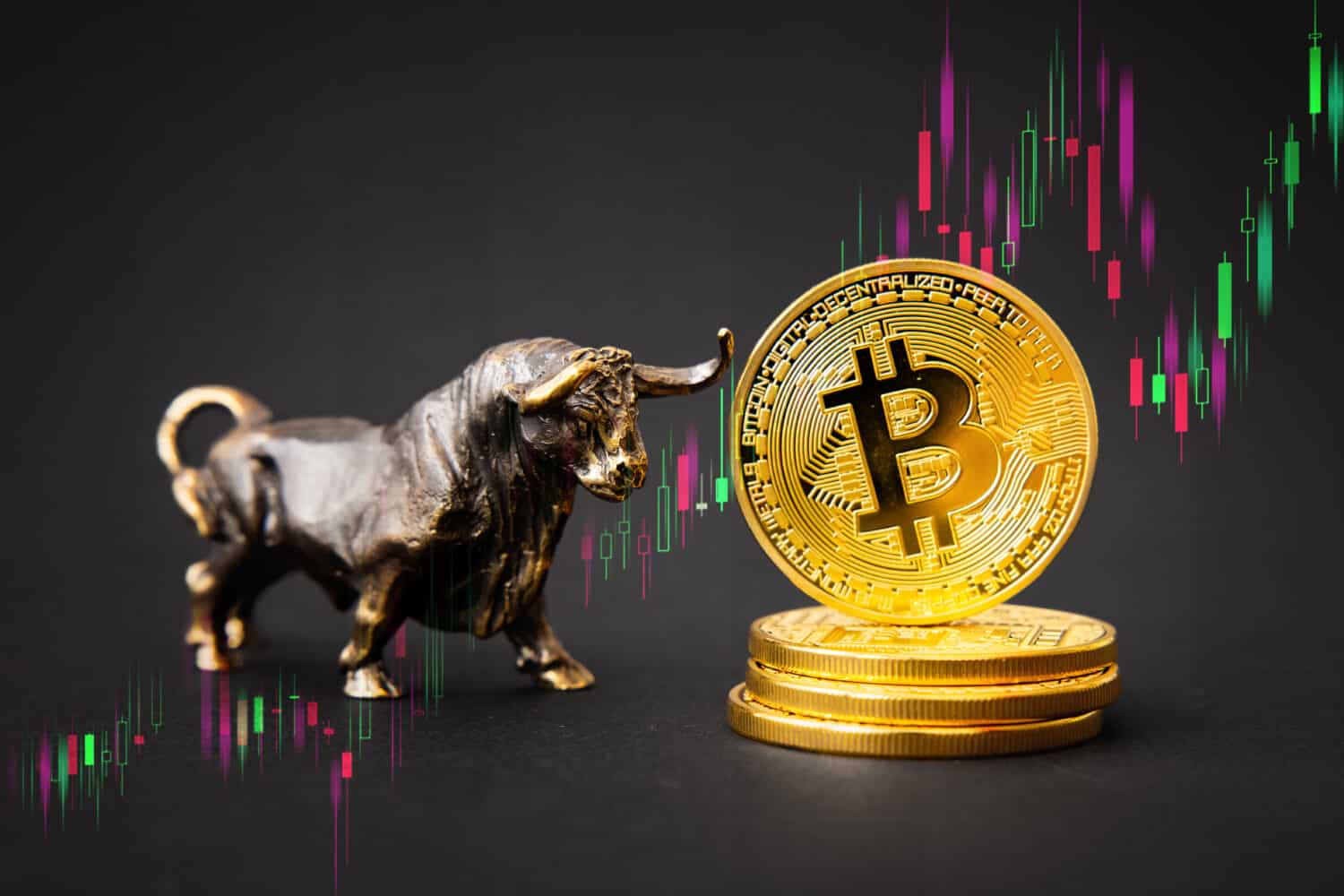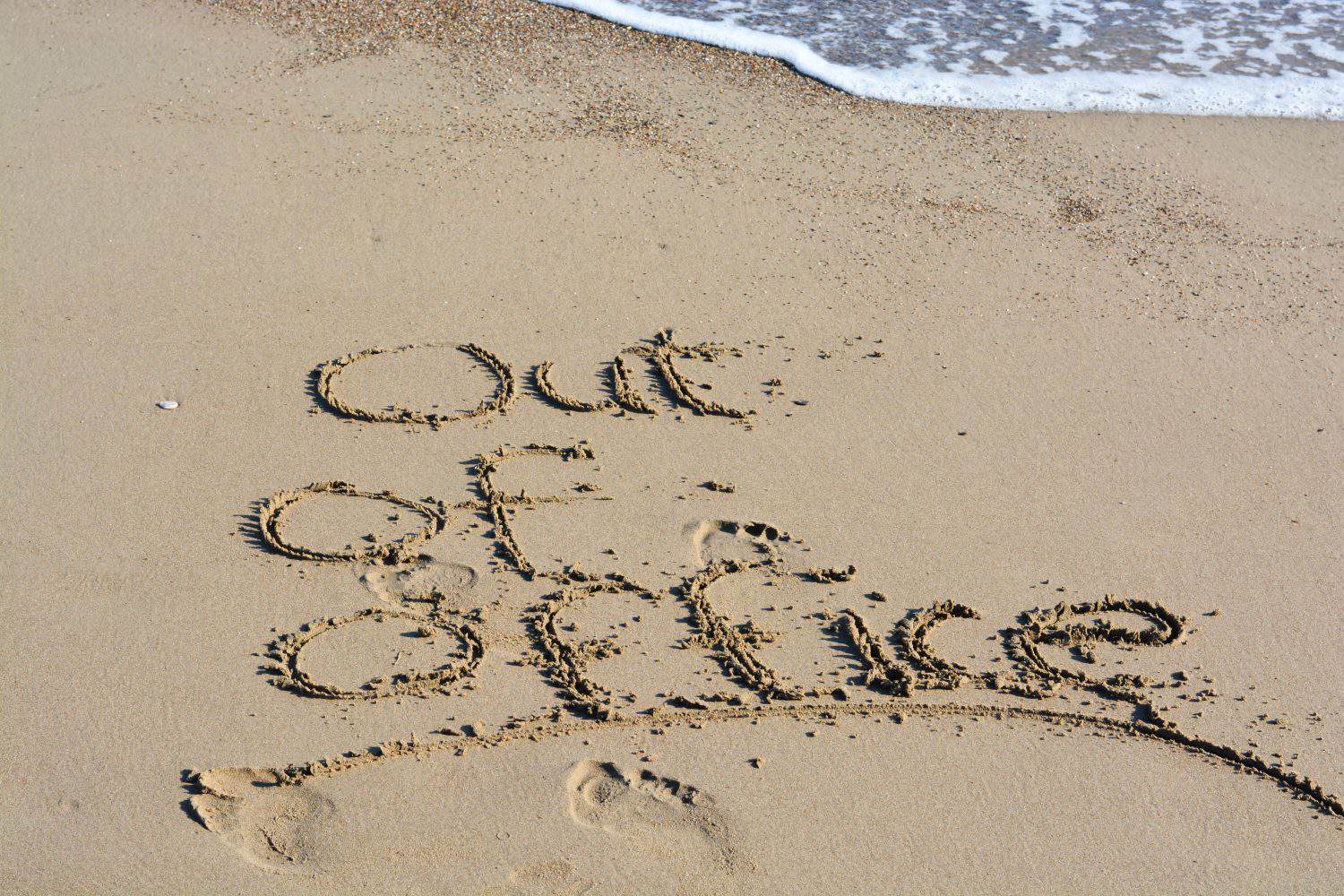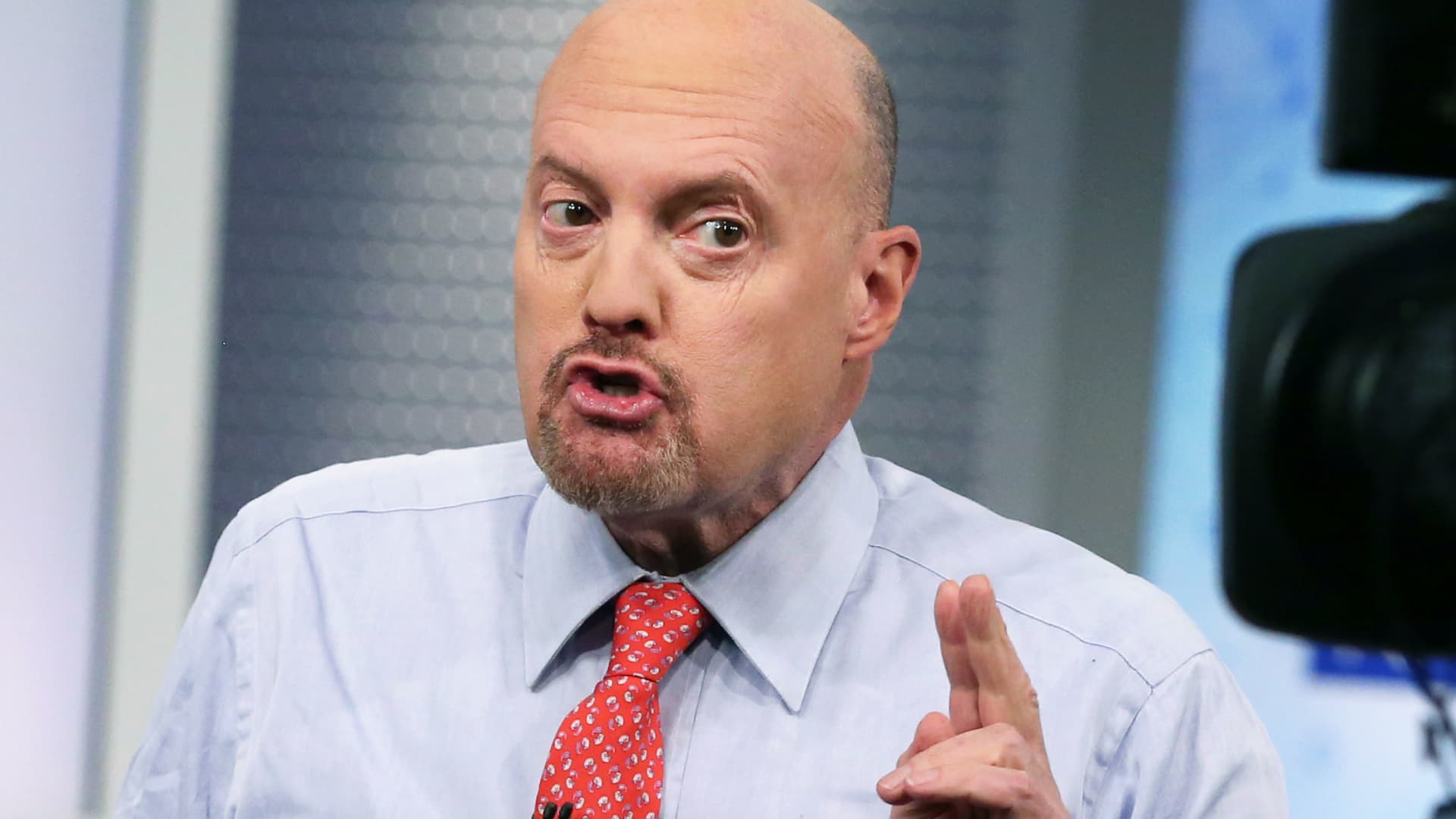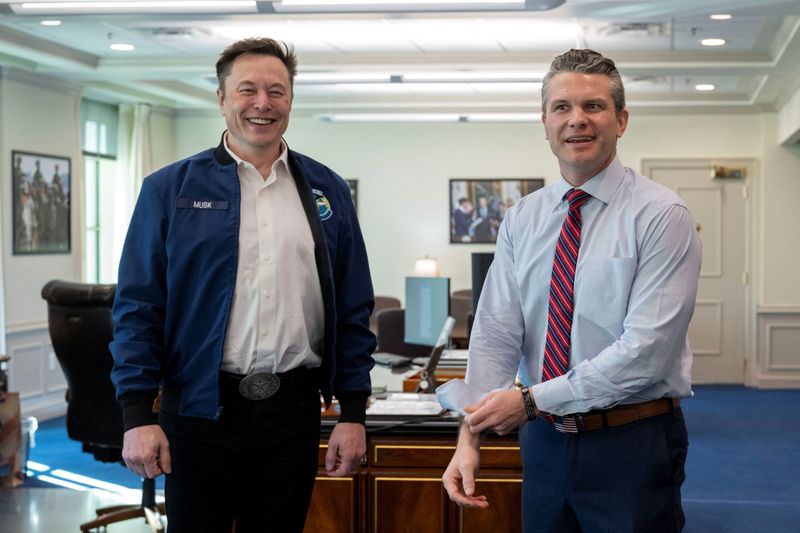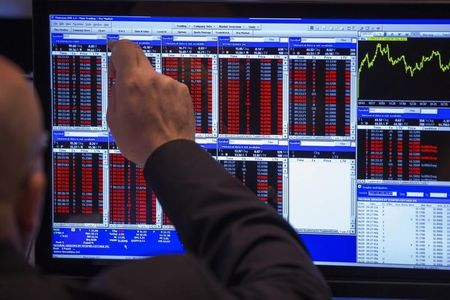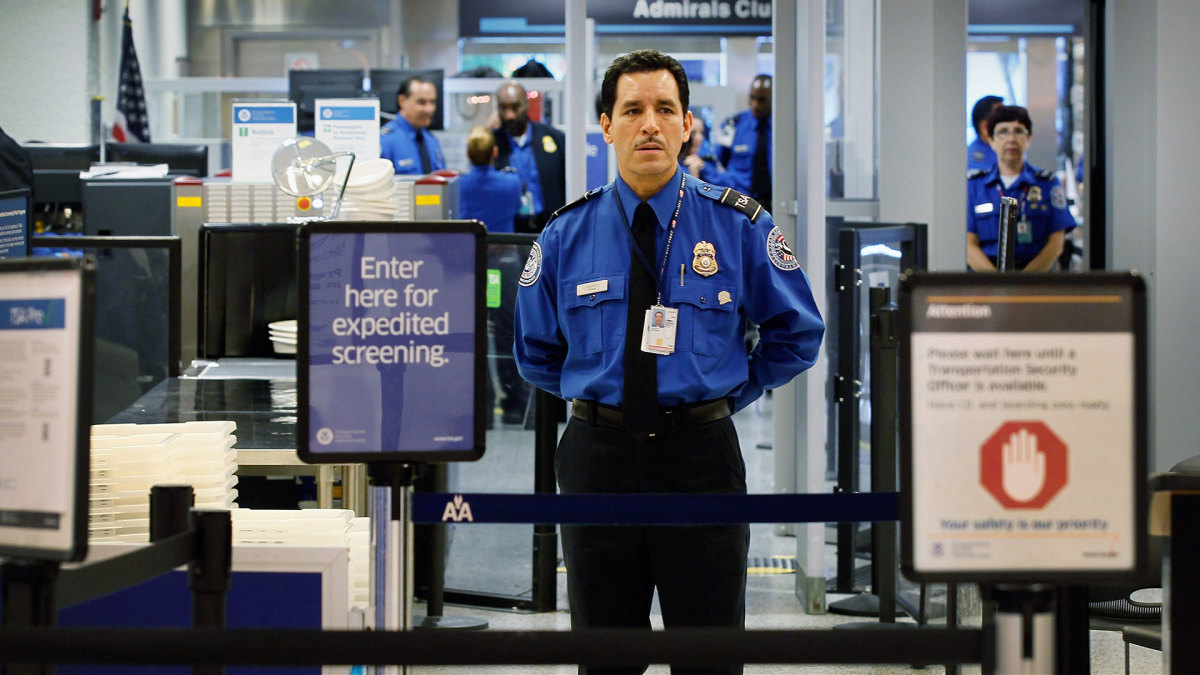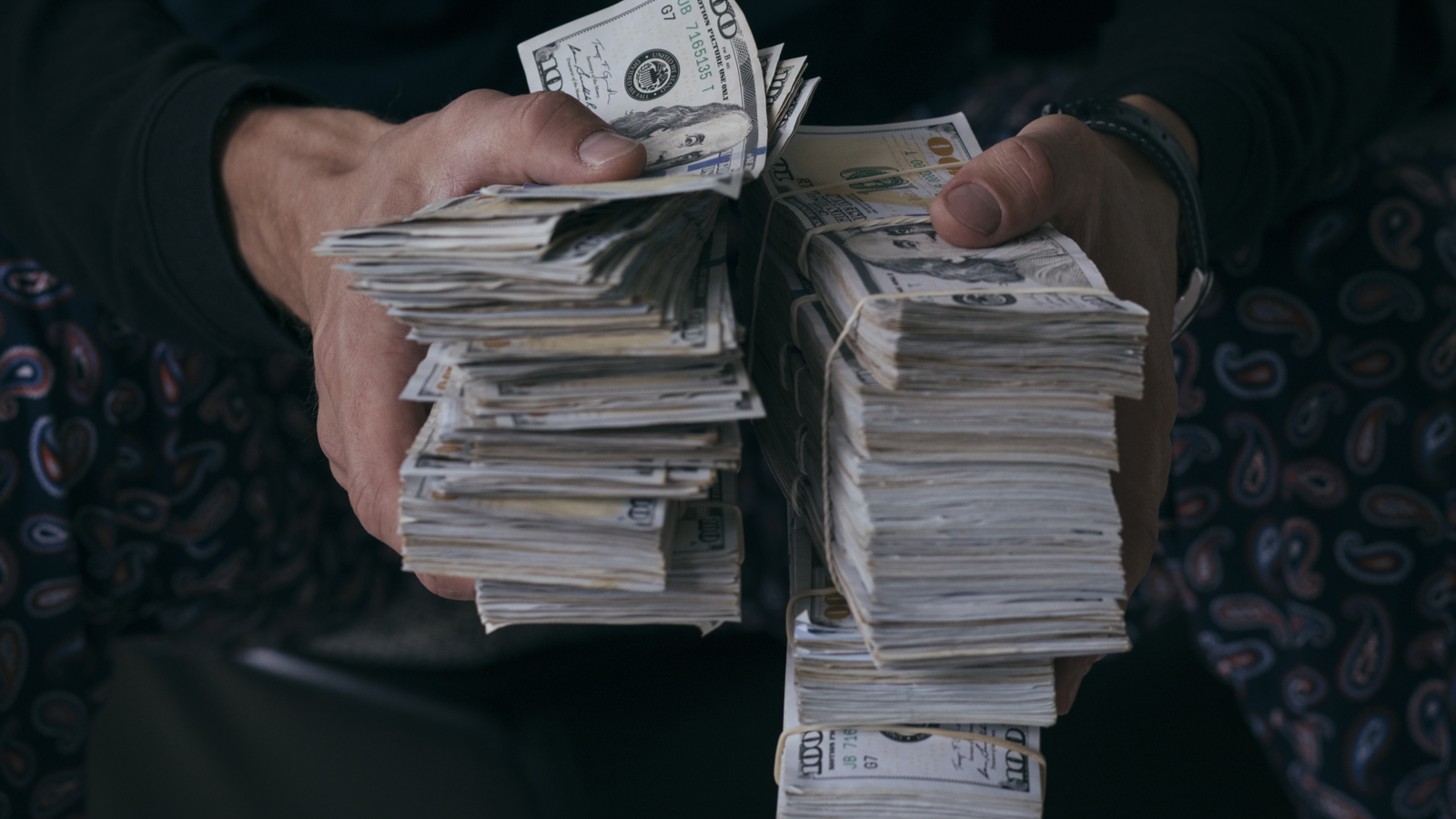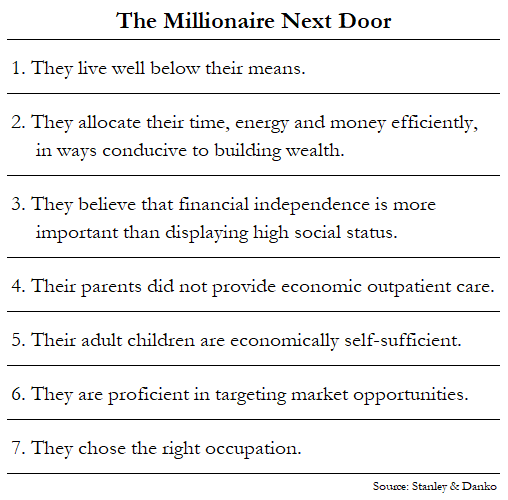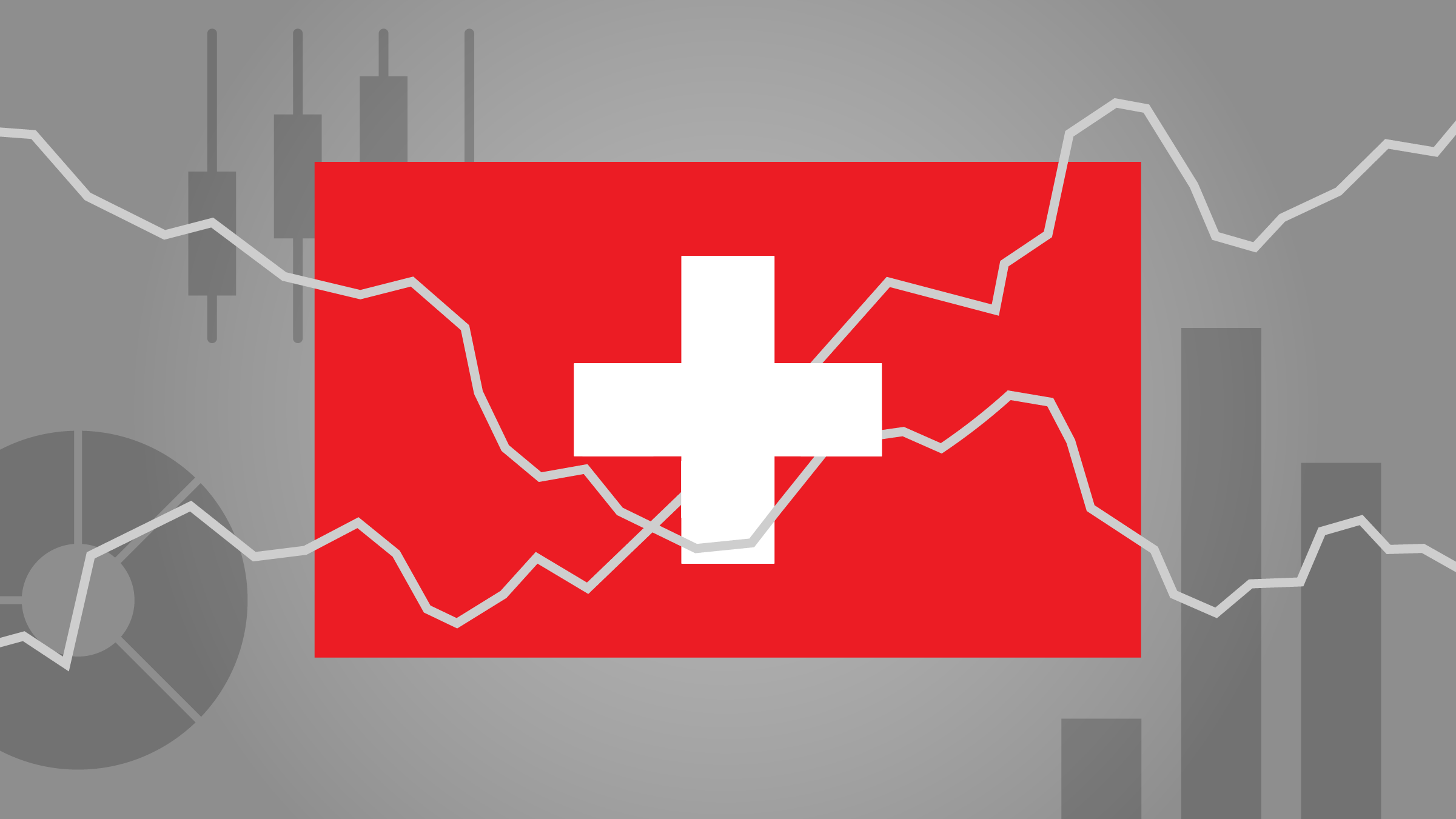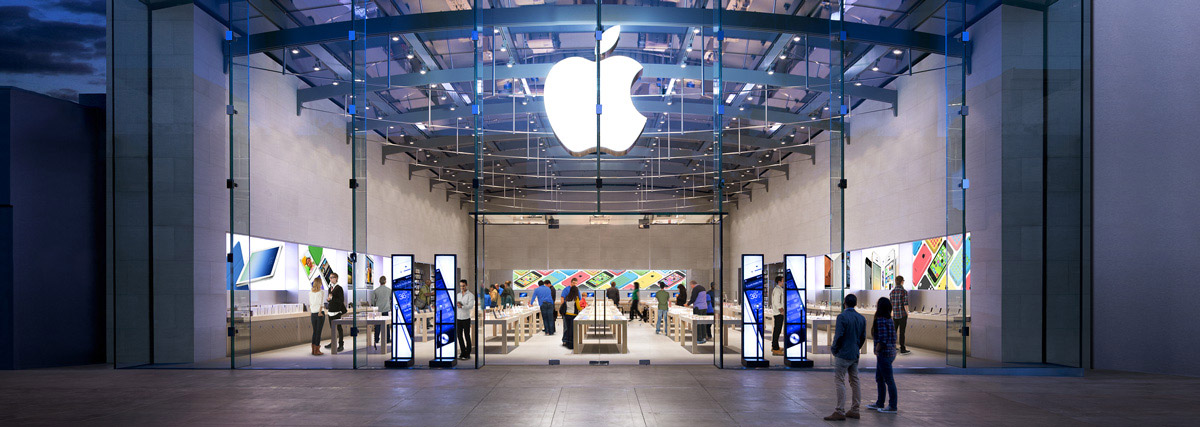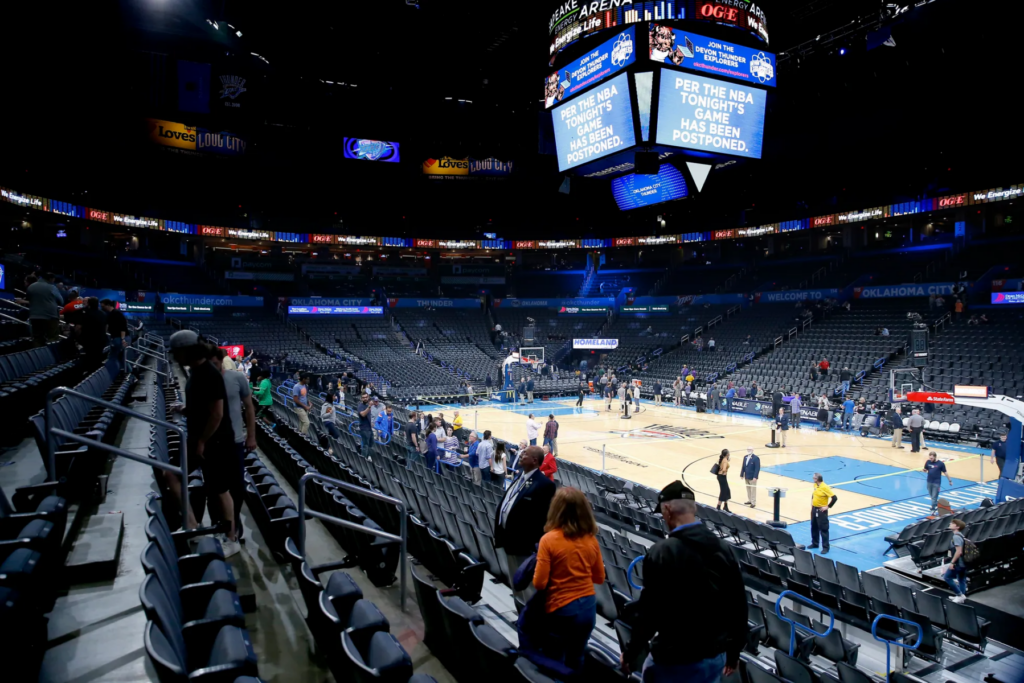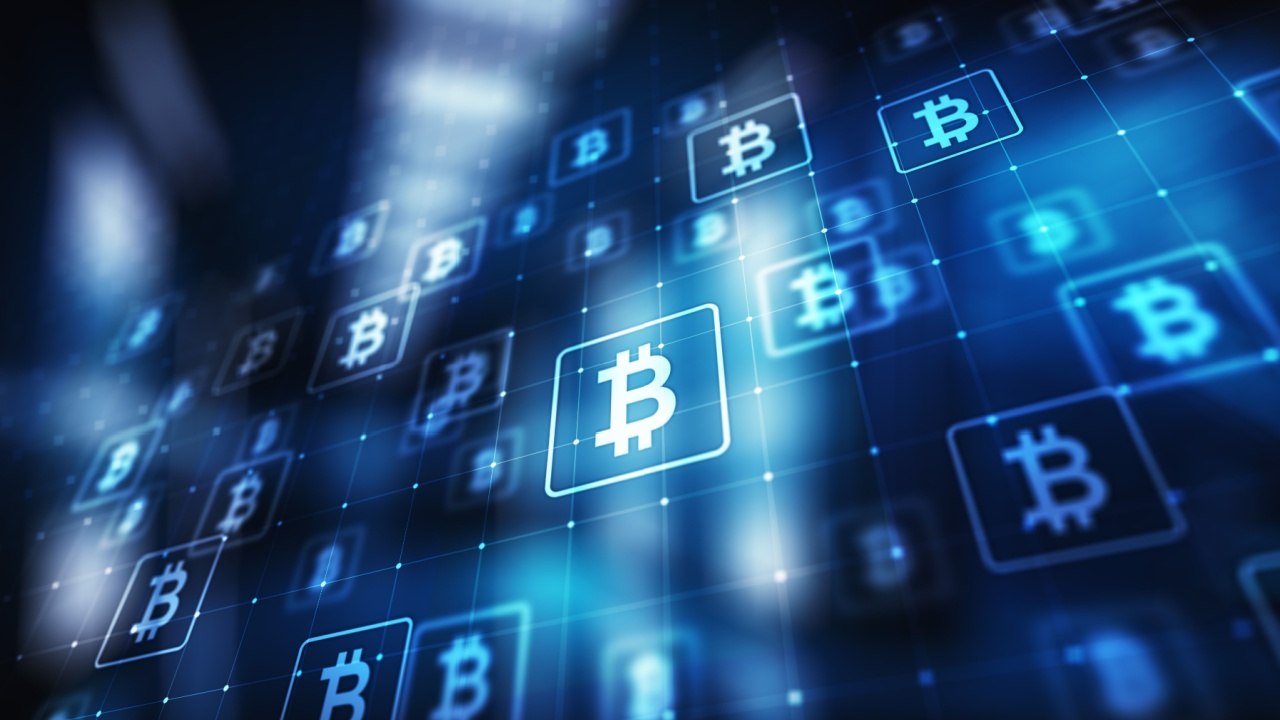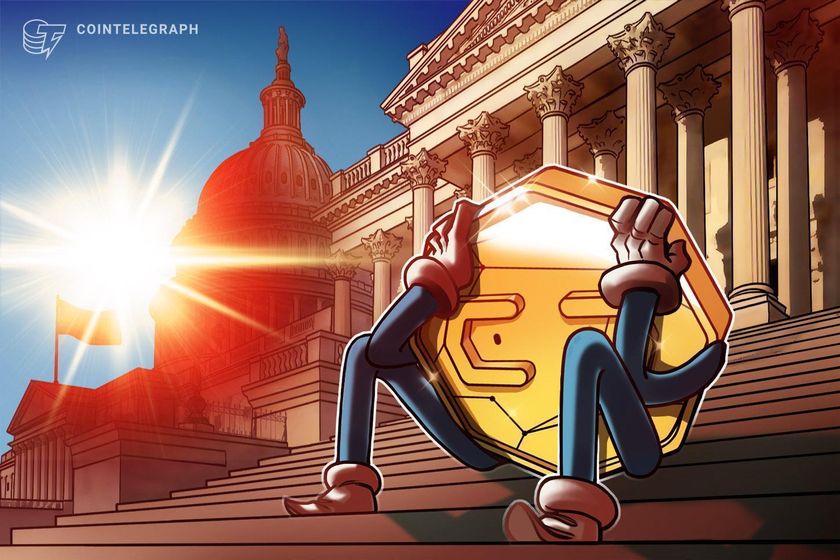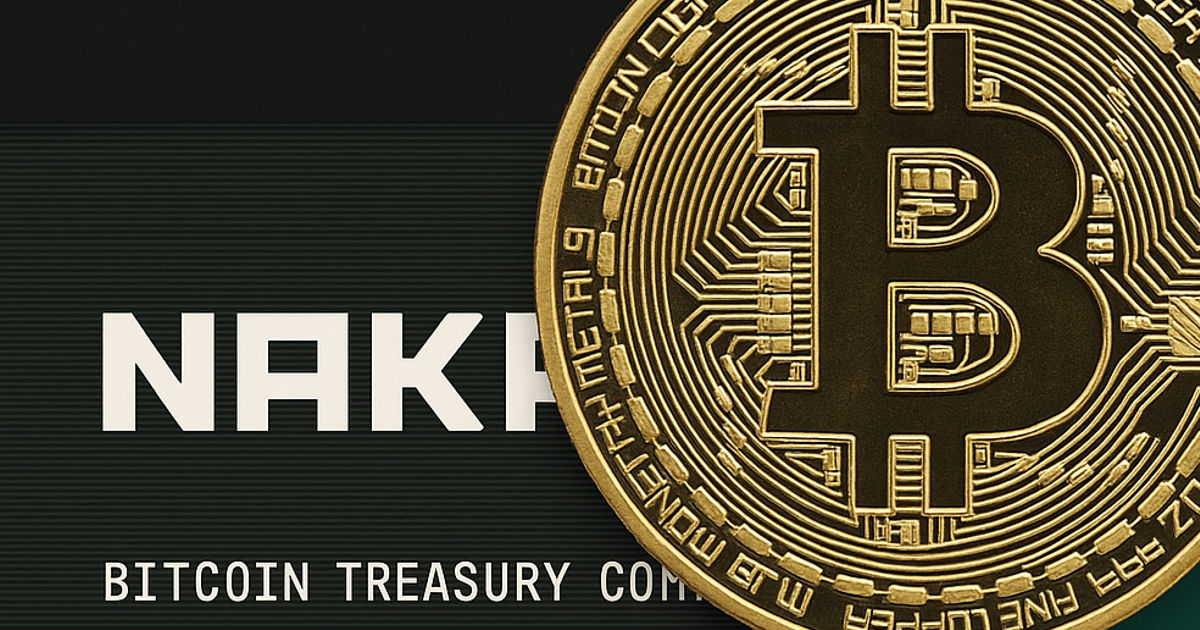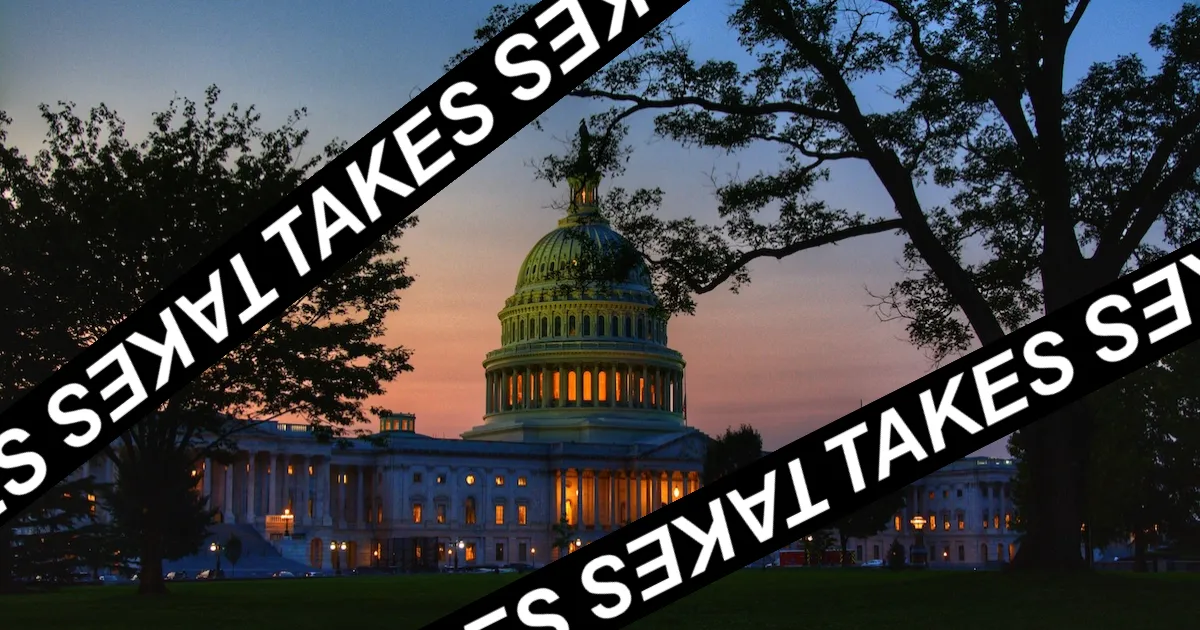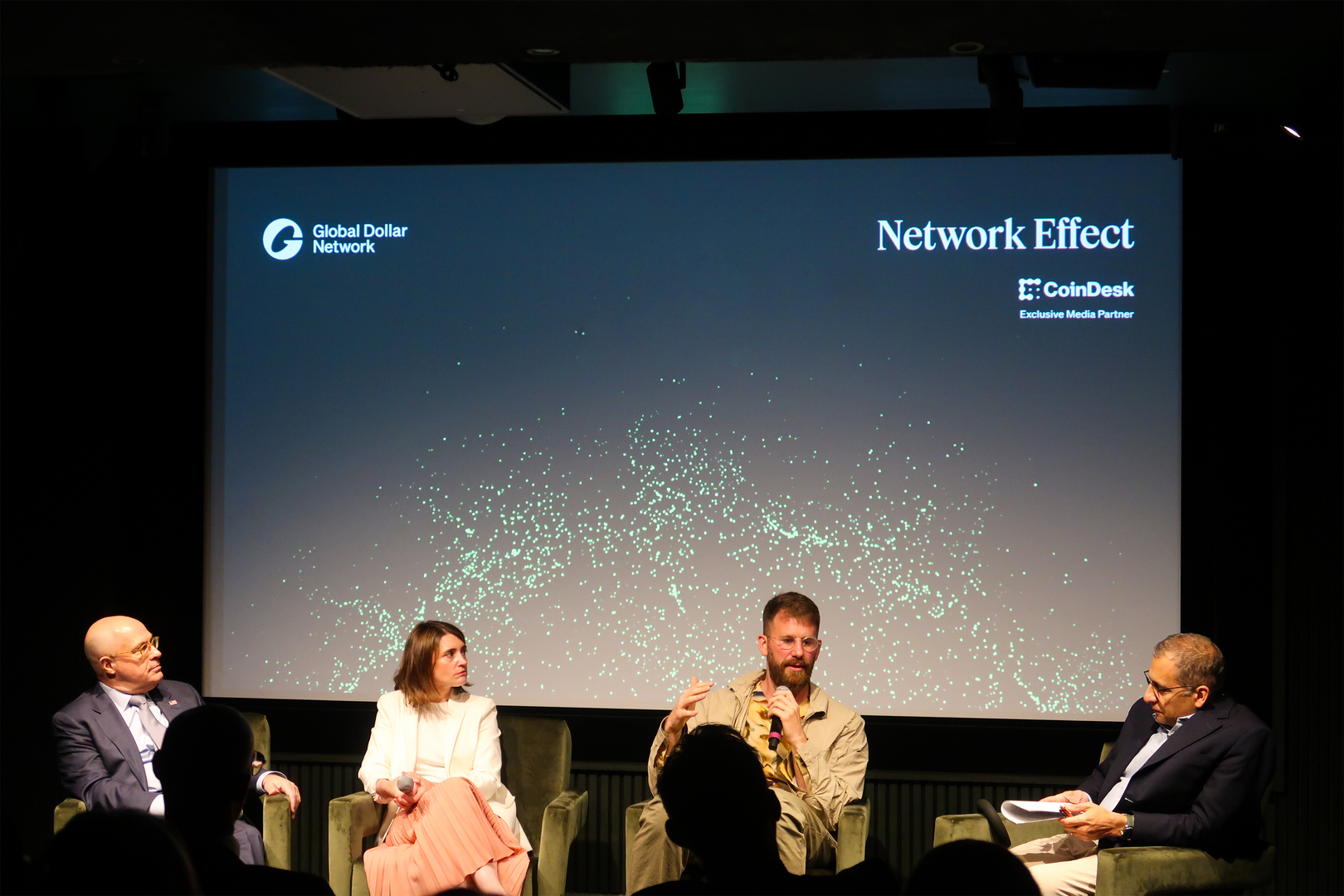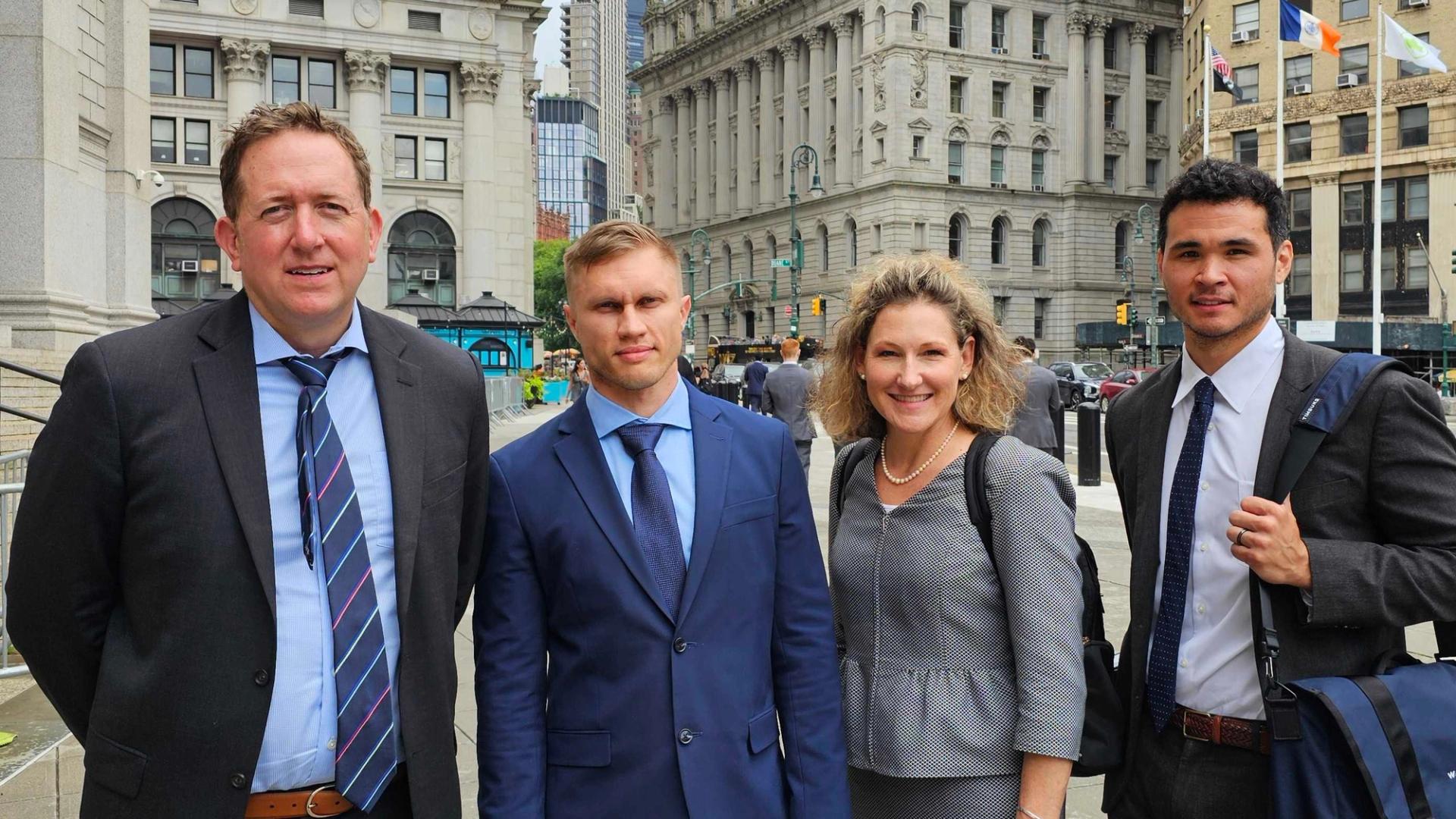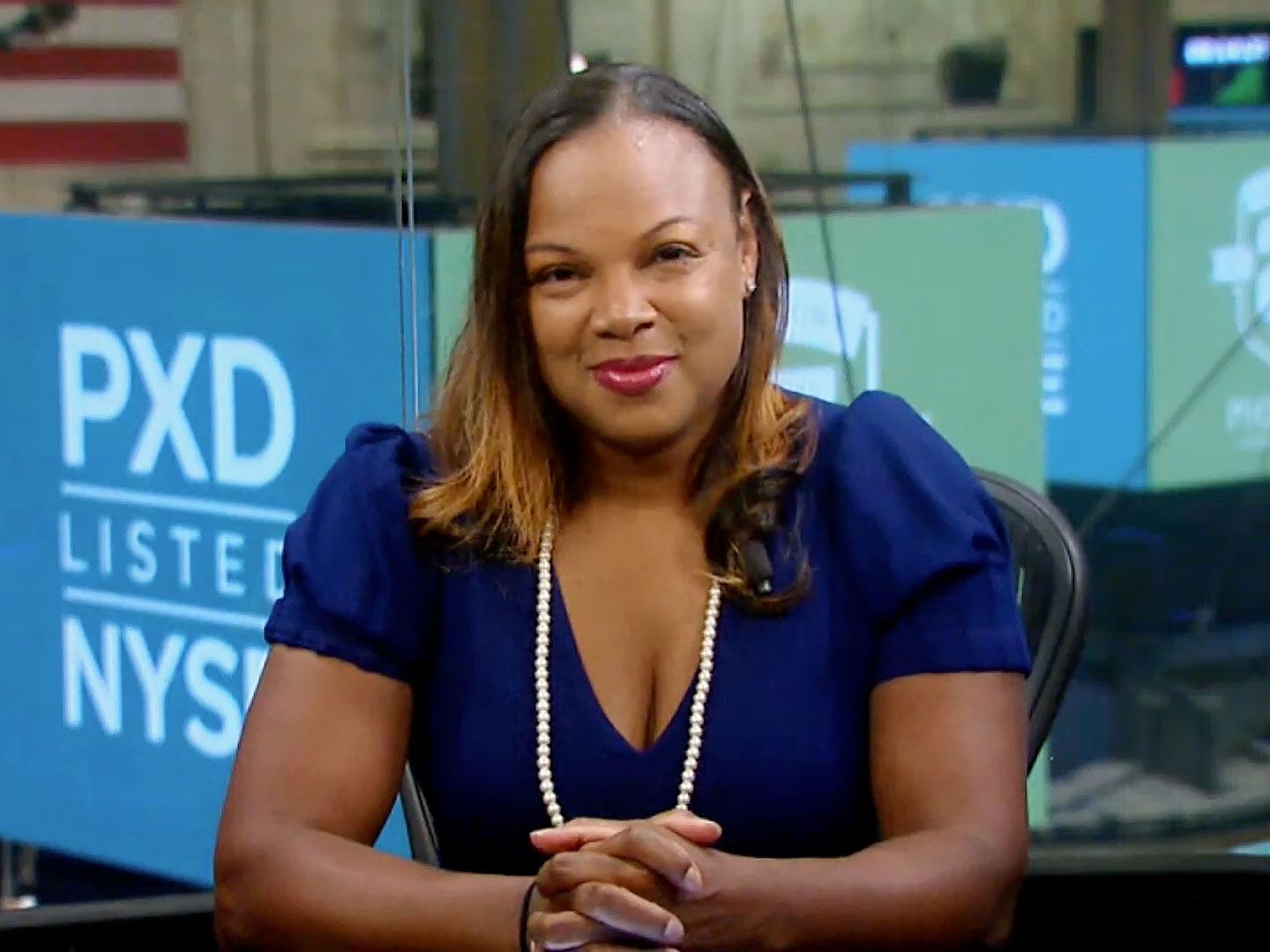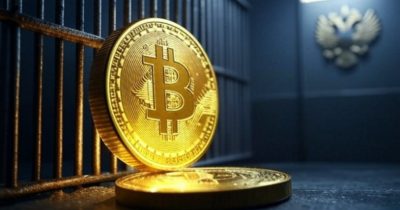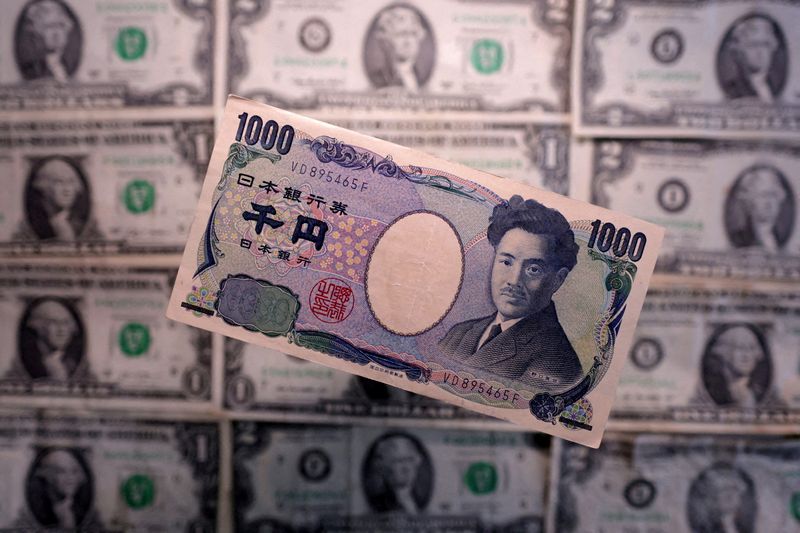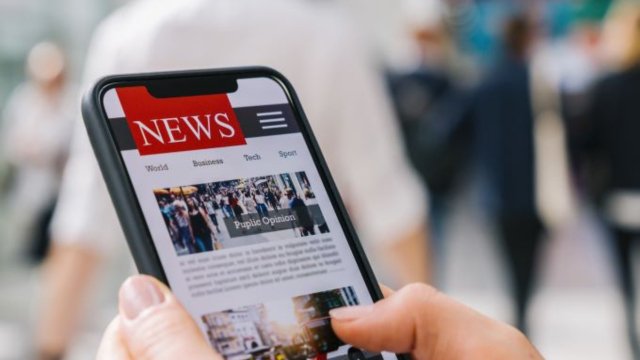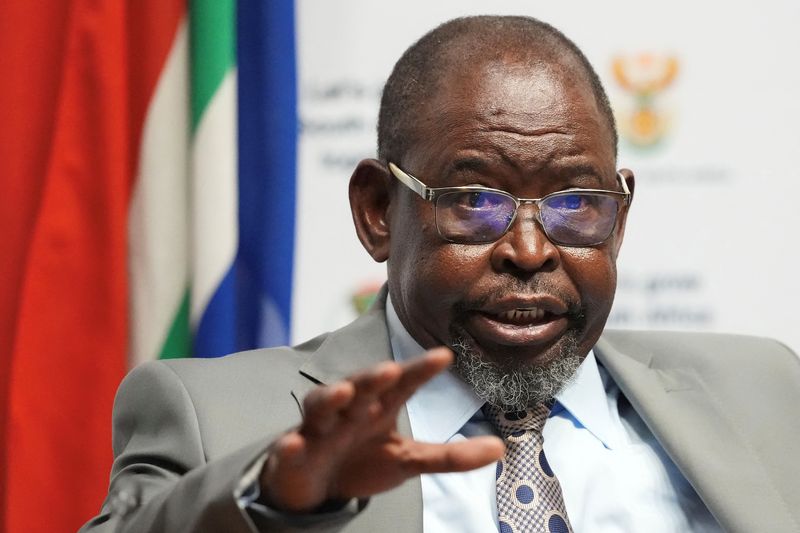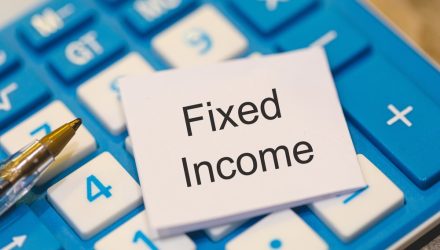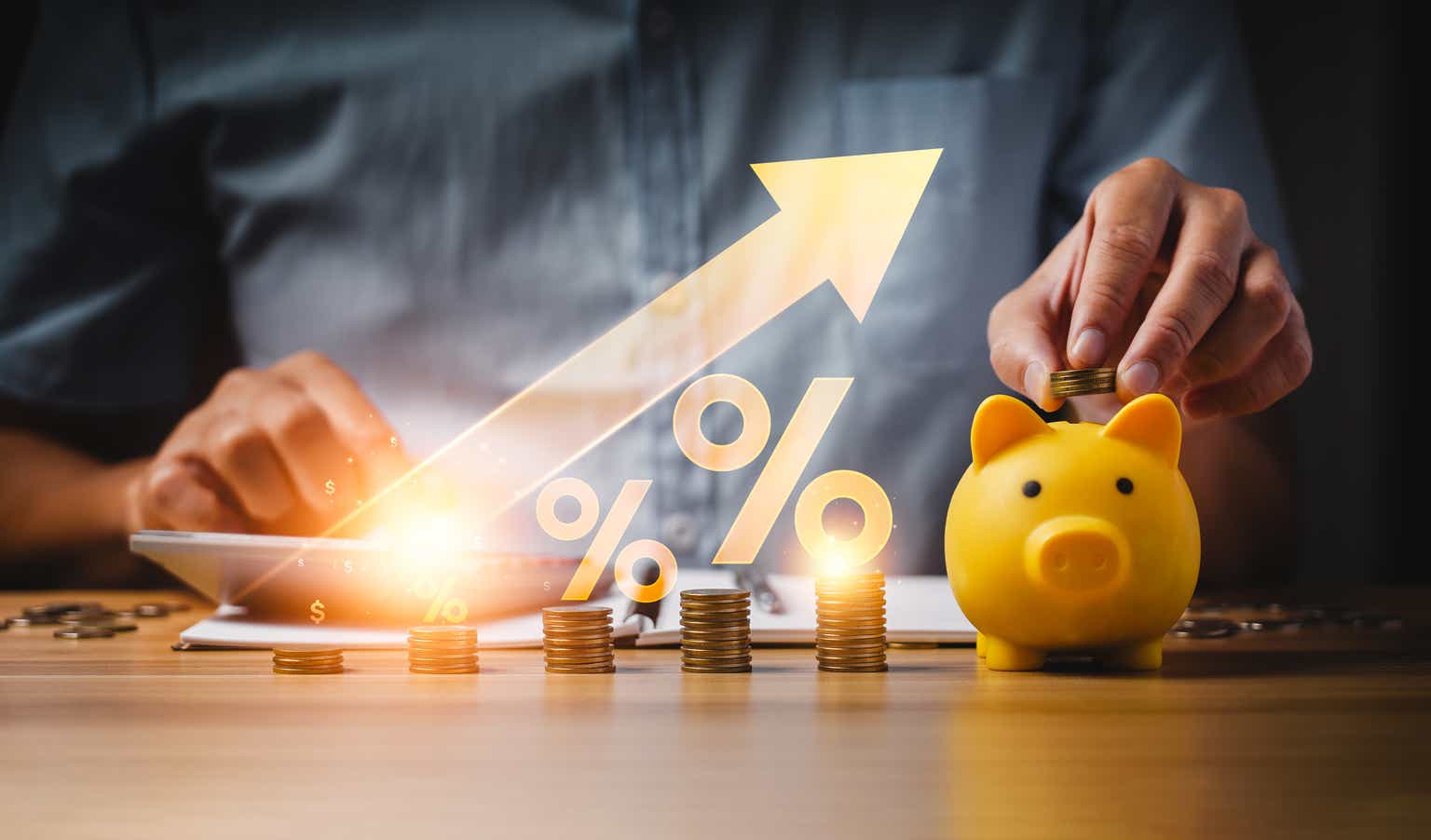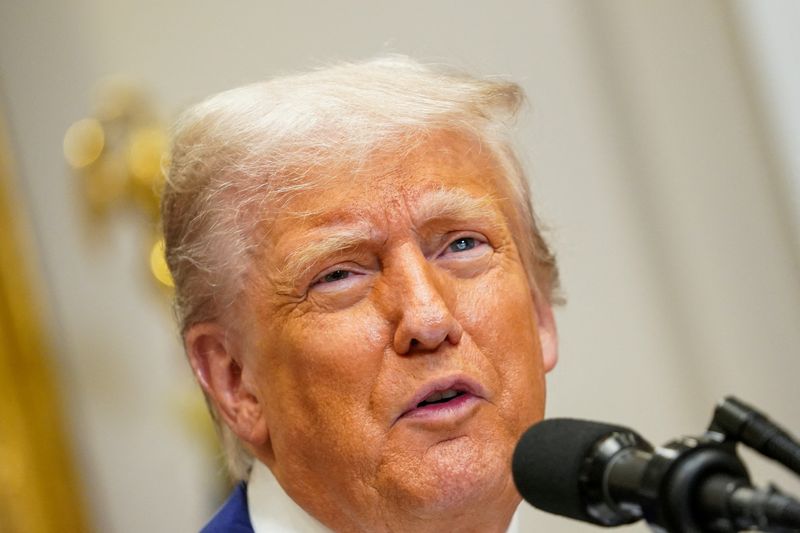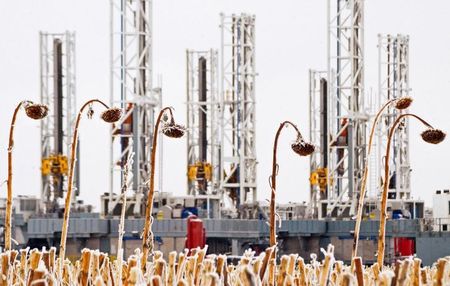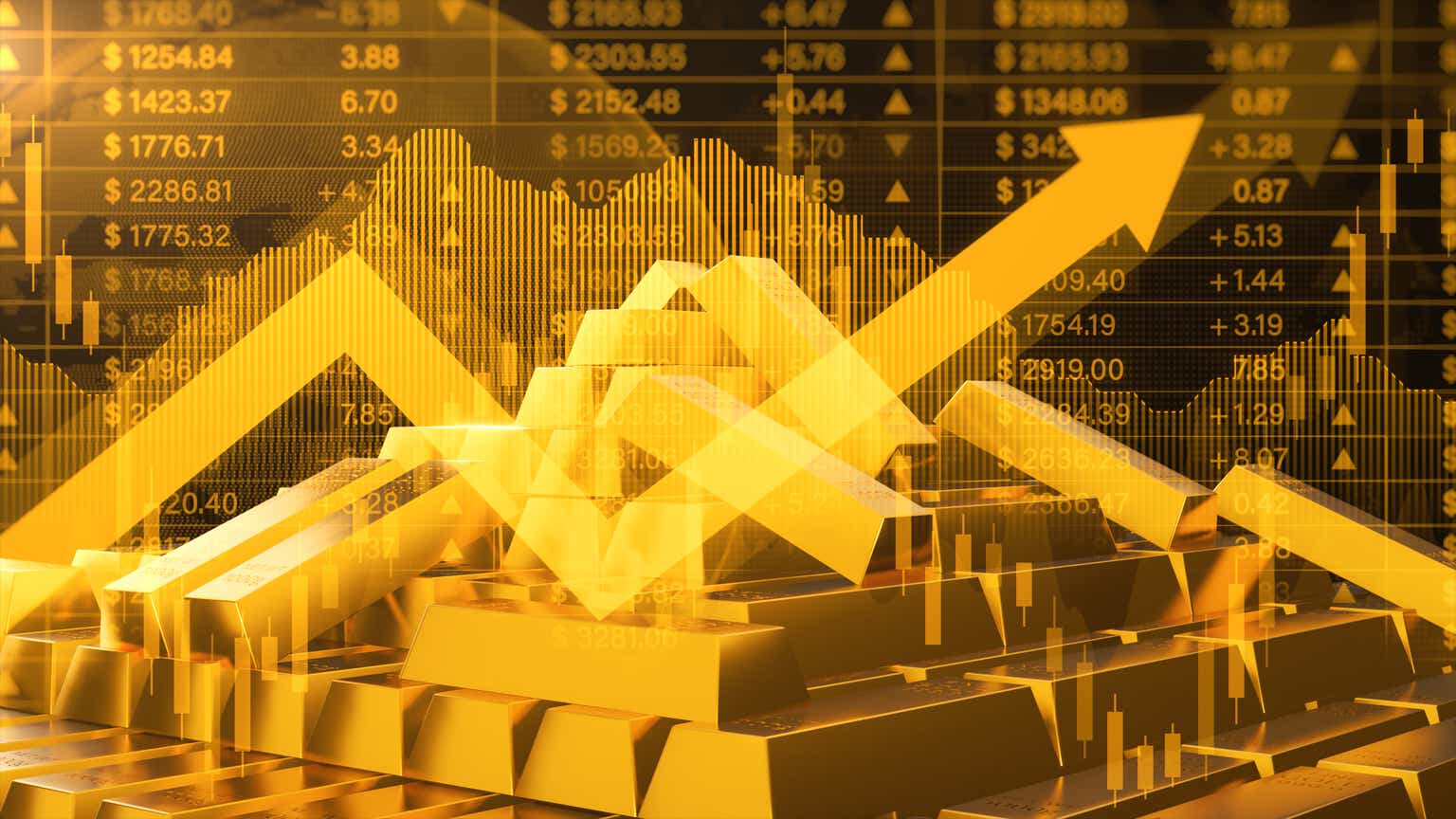Investors are behaving more ’emotionally’ now than they were during COVID or the financial crisis, says Goldman Sachs strategist
Sharmin Mossavar-Rahmani advised investors against mixing their political inclinations with their portfolios.

- Goldman Sachs executive Sharmin Mossavar-Rahmani believes political bias is distorting investors’ perceptions of economic risk, particularly under Donald Trump’s administration, leading some clients to let emotions override sound investment strategy.
Donald Trump has injected a fair amount of uncertainty into the economic outlook, but a Goldman Sachs investment executive believes this is having a disproportionate impact on investors’ confidence, given their political bias.
Sharmin Mossavar-Rahmani, head of the Investment Strategy Group (ISG) and chief investment officer of Goldman Sachs Wealth Management, told Fortune’s Most Powerful Women International summit in Riyadh this week that some clients are letting the politics bleed into portfolios.
She says this habit may allow individuals to succumb to the “noise” instead of maintaining a clear, long-term strategy to maximize asset return.
Part of defining that strategy comes down to the work of Goldman’s team, she said: “As you’re thinking about investments how do you make sure that all the noise, all the headlines, all that clutter doesn’t actually distort one’s view of what are the best investment recommendations we have to make?
“What we have noticed is people’s interpretation of this administration is driven by people’s personal political biases. So for example, if somebody is very democratic … they tend to think there’s nothing that this administration is doing that is acceptable, and they actually say, ‘We need to liquidate because we don’t think things are going to go so well.
“If you happen to be Republican, they say maybe [Trump] doesn’t deliver the messages in the best way possible, but the points are all very valid, and that’s what one has to focus on.”
Mossavar-Rahmani’s experience tracks with data compiled by the likes of Pew Research.
In February, a Pew study found that, on average, four in 10 Americans were optimistic about the economy, and they were overwhelmingly Republican or Republican-leaning.
Only 10% of Democrats expected the economy to improve in the coming 12 months, with 64% saying they expected it to get worse.
“You see the same thing regionally,” Mossavar-Rahmani added. “If people are, for example, based in Europe—especially in the major countries [like] Germany—they find that some of the things the U.S. president says are not appropriate or offensive. They don’t like the issue of being put under pressure to contribute to NATO defense expenses, even if the point the president is raising is legitimate and it’s a point that pretty much every U.S. president since John Kennedy in 1963 has raised.”
Even among couples, Mossavar-Rahmani said politics is dividing investment strategy, saying that people’s reactions are “different” to Trump’s policies, despite the fact that some have been attempted or proposed by previous administrations.
“The most interesting experiences we have is when it’s a husband and wife team, and the wife wants to sell all the assets. So definitely human psychology and biases are very important,” Mossavar-Rahmani added.
While markets have been jumpy, they have reacted less than retail clients.
Mossavar-Rahmani added: “Uncertainty today is so much greater. So we think that the emotional response is greater today. The markets though haven’t quite responded as much. If you think of VIX, a volatility measure, it’s not anywhere near as high as it was during the global financial crisis.”
As such, Mossavar-Rahmani’s advice was simple: “Stay curious and try to take emotion out of it,” she finished.
This story was originally featured on Fortune.com





